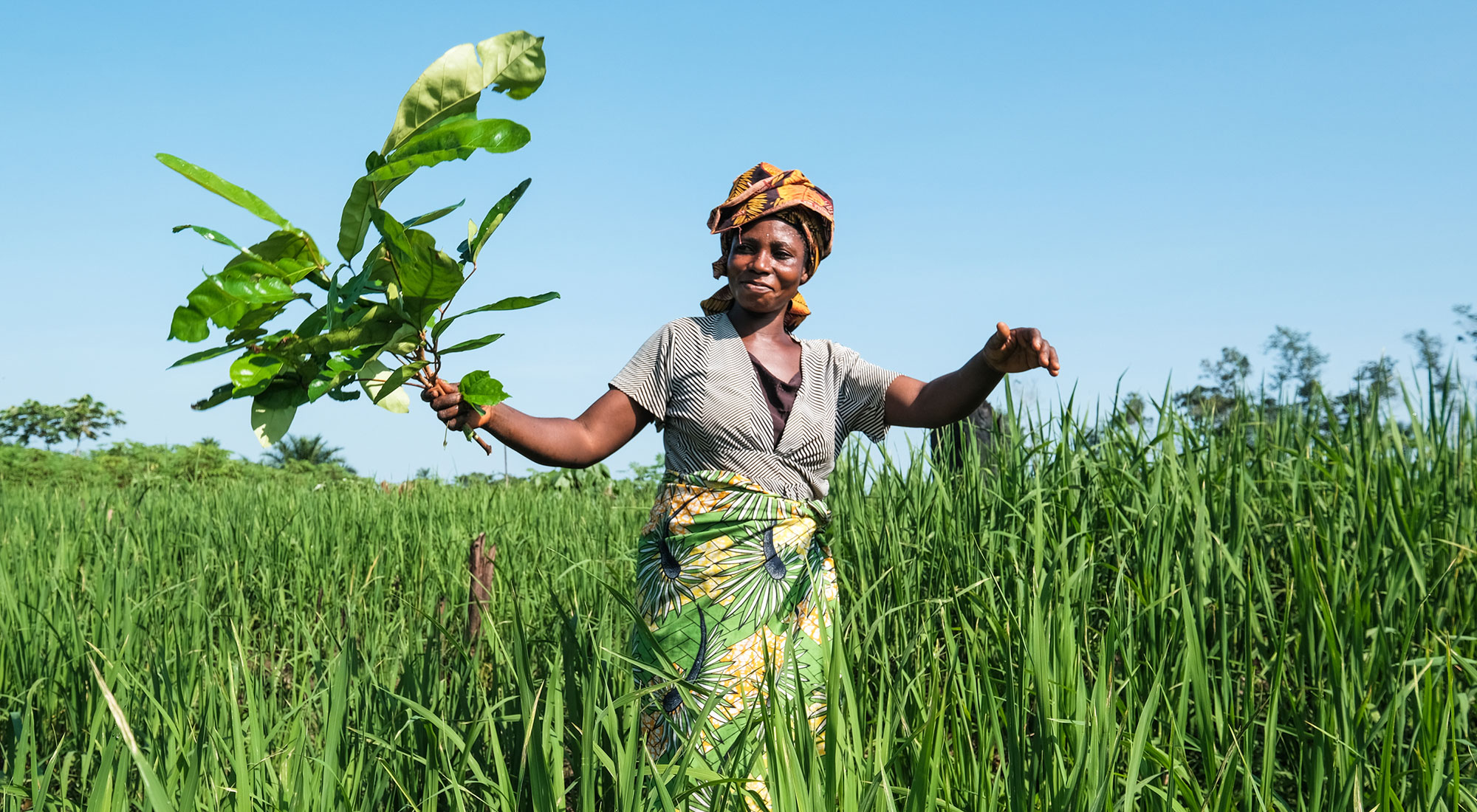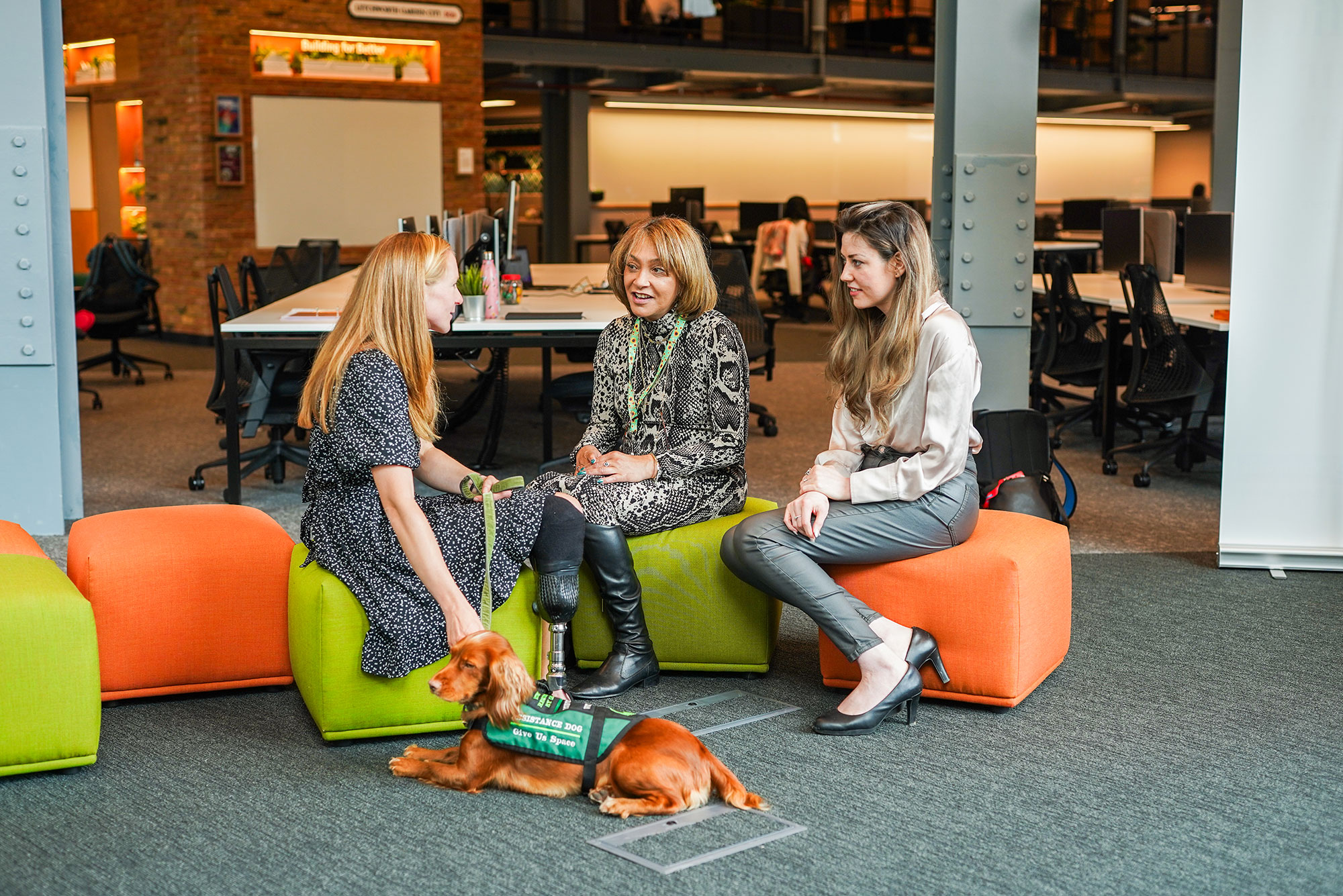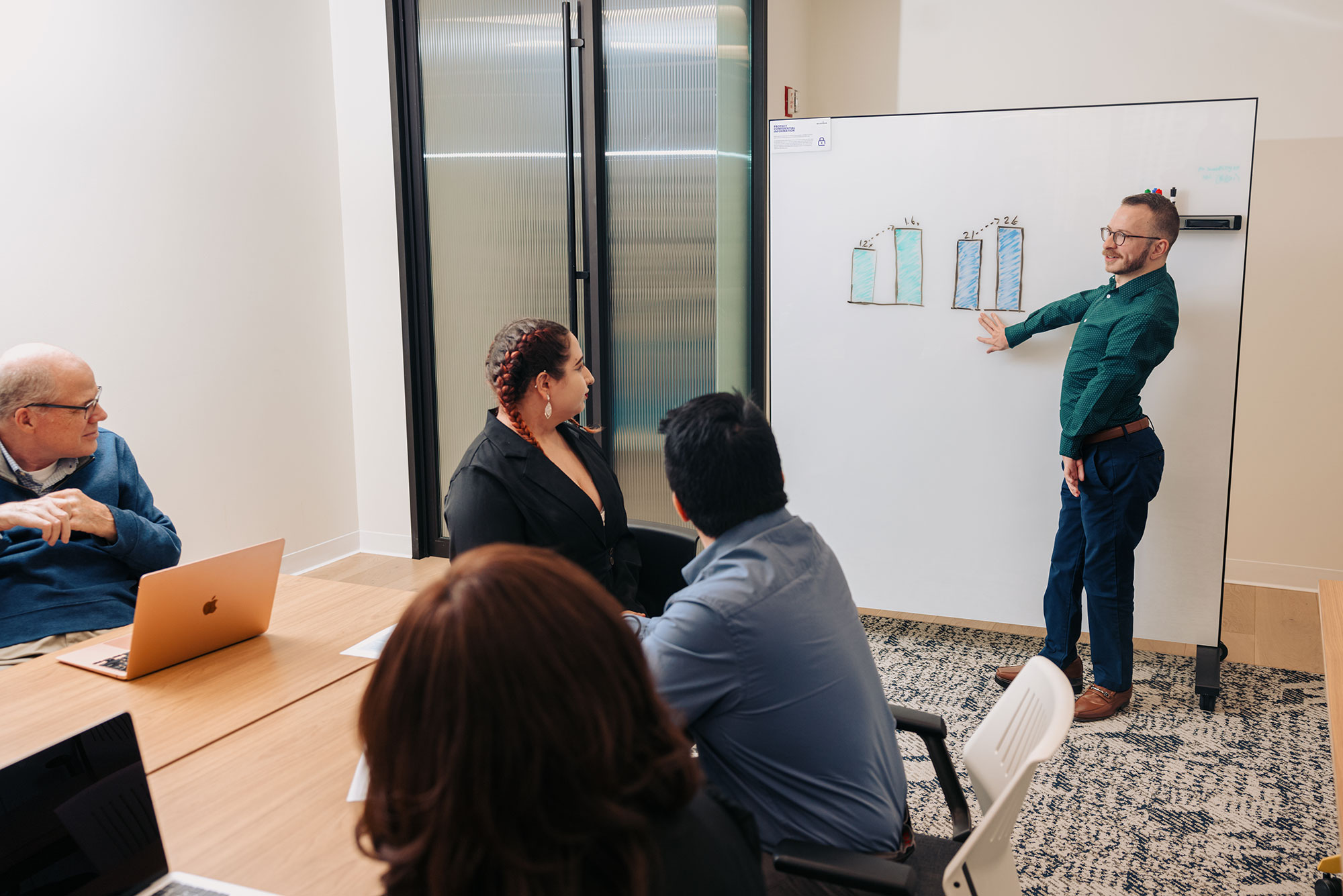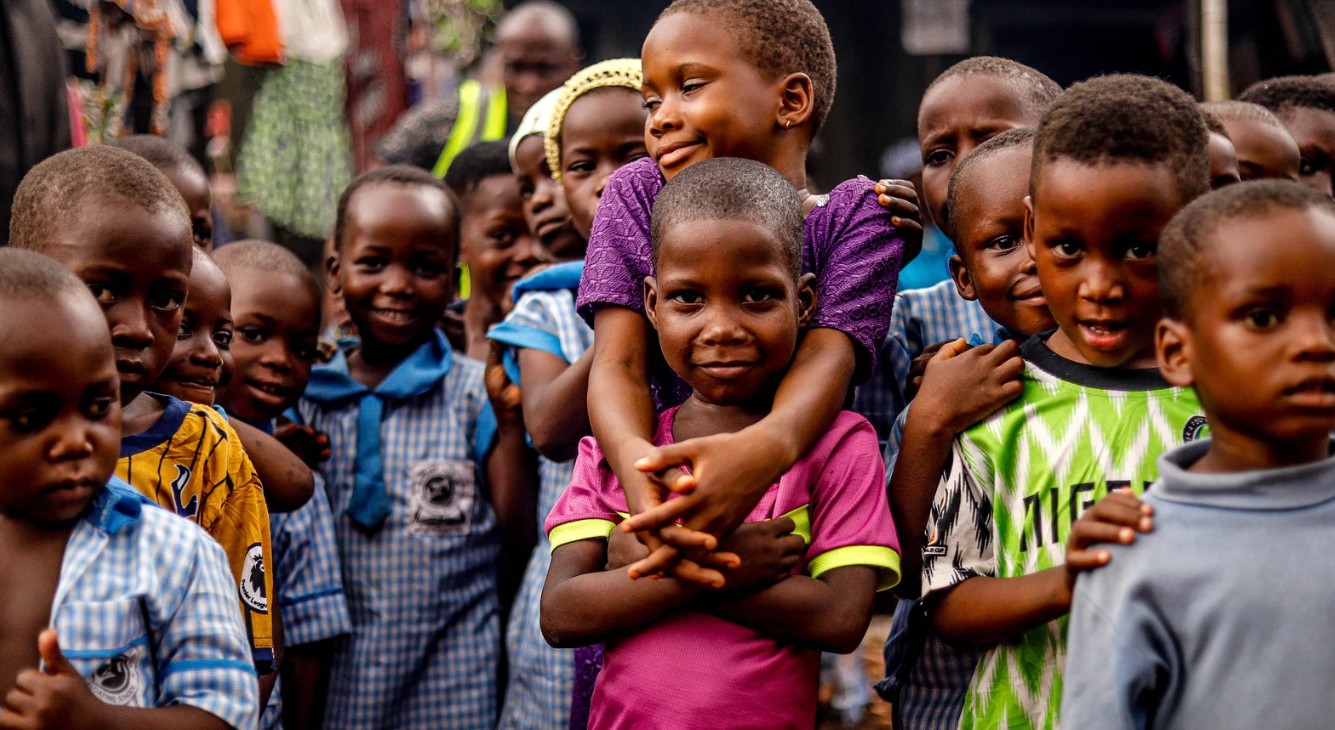
From Doha commitments to action for Social Justice

Nothing about youth without youth: Advancing decent work and social justice together

Unlocking potential: Disability inclusion in business in Europe
Leadership, partnerships and sustainability sessions

Unlocking potential: Disability inclusion in business in Europe
Opening statements, inclusive employment and digital innovation sessions

6th Global Conference on the Elimination of Child Labour
Closing ceremony – Beyond SDG target 8.7: Political pathways for the next global target on child labour

6th Global Conference on the Elimination of Child Labour
Special session: child labour in Africa

AI for Good
AI and Labour Markets in early 2026

6th Global Conference on the Elimination of Child Labour
Faith, dignity and shared responsibility: Harnessing interreligious dialogue to end child labour

6th Global Conference on the Elimination of Child Labour
Civil society organization forum - From policy to practice: Bridging gaps, building impact

6th Global Conference on the Elimination of Child Labour
Decent work for youth
1 of 47